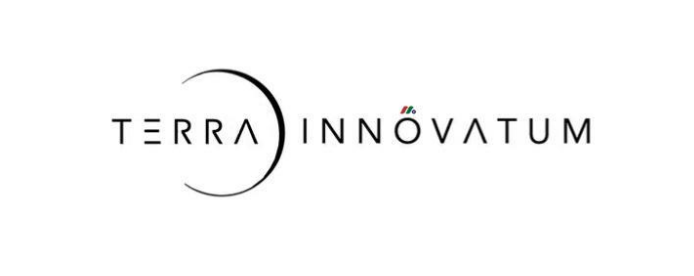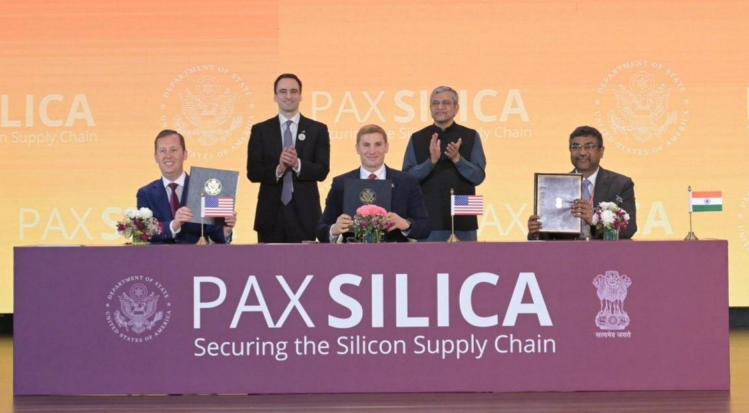Nuclear Startup to Raise $230 Million at $475 Million Valuation
Terra Innovatum, a next-generation nuclear energy startup, has announced its plans to go public through a merger with GSR III Acquisition Corp., a special purpose acquisition company (SPAC). The deal is expected to raise $230 million at a pre-money valuation of around $475 million, giving the clean-tech firm fresh capital to accelerate its ambitious plans to commercialize micro-modular nuclear reactors (MMRs).
The move positions Terra Innovatum as one of the few nuclear startups leveraging the SPAC route in 2025, signaling both investor appetite for alternative clean energy solutions and the company’s confidence in its scalable nuclear technology.
What Are Micro-Modular Reactors (MMRs)?
Unlike traditional nuclear power plants that generate gigawatts of electricity and require years of construction, micro-modular reactors are compact, factory-built reactors designed to produce as little as 1 megawatt of power. These reactors can be deployed rapidly, operate safely with passive cooling mechanisms, and are tailored for distributed use cases.
Terra Innovatum’s design focuses on plug-and-play deployment, making it particularly attractive for:
Data centers: Meeting the exponential energy demands of AI and cloud computing.
Off-grid communities: Providing stable electricity in remote regions without reliance on fossil fuels.
Defense and disaster relief: Offering mobile, reliable power sources in high-security or emergency environments.
Industrial applications: Powering mining sites, manufacturing plants, and other high-energy operations.
By focusing on small, flexible nuclear units, Terra Innovatum aims to complement renewables like solar and wind while addressing intermittency challenges.
Why the SPAC Route Matters
The choice to merge with GSR III Acquisition Corp. reflects a growing trend among energy and technology startups to access public markets more efficiently. Traditional IPOs can be lengthy and costly, while a SPAC transaction provides faster execution and access to institutional capital.
For Terra Innovatum, the merger offers:
Capital for scaling production of its 1 MW reactors.
Regulatory support as it moves toward U.S. Nuclear Regulatory Commission (NRC) licensing.
Market visibility as a publicly traded clean-tech company.
Strategic partnerships with energy providers and infrastructure investors.
The $230 million infusion will primarily go into research and development, prototype deployment, and supply chain expansion to enable mass production.
Growing Demand for Alternative Clean Energy
The announcement comes at a time when global energy consumption is surging, particularly from AI, cryptocurrency mining, and hyperscale cloud services. Data centers alone are projected to consume nearly 8% of global electricity by 2030, creating urgency for sustainable and stable power solutions.
Renewables are expanding rapidly but face challenges of intermittency and grid dependence. Nuclear power, long criticized for safety concerns and high costs, is experiencing a resurgence in interest thanks to smaller, safer, and more affordable designs like micro-modular reactors.
Terra Innovatum’s compact model offers a solution that bridges the gap: low-carbon, constant, and portable power.
Competitive Landscape
Terra Innovatum enters a competitive but growing field of advanced nuclear startups. Key players include:
Oklo – developing fast micro-reactors for off-grid use.
X-Energy – working on small modular reactors (SMRs) with advanced fuels.
NuScale Power – the first SMR company to receive NRC approval.
What differentiates Terra Innovatum is its focus on ultra-compact 1 MW units, compared to other companies working on larger 50–300 MW designs. This micro-scale approach allows faster deployment and access to niche but growing markets such as remote facilities, defense infrastructure, and AI-driven data centers.
Regulatory and Safety Outlook
Nuclear startups face significant regulatory scrutiny, particularly around safety and waste management. Terra Innovatum has emphasized its design incorporates passive safety systems, meaning reactors can shut down automatically without human intervention or external power in case of emergencies.
Additionally, the company is exploring innovative fuel cycles to reduce nuclear waste and extend operational lifespans. Early partnerships with regulatory agencies and third-party safety assessors are expected to smoothen the path to commercialization.
What This Means for Investors
For investors, Terra Innovatum’s SPAC merger represents a high-risk, high-reward opportunity. On one hand, nuclear innovation remains capital intensive, heavily regulated, and politically sensitive. On the other hand, if successful, Terra Innovatum could capture a significant slice of the $100+ billion global clean energy infrastructure market.
With rising demand for reliable low-carbon energy, particularly for powering the digital economy, Terra Innovatum’s micro-reactor vision could position it as a future leader in distributed nuclear power.
Conclusion
Terra Innovatum’s decision to go public via a SPAC merger at a $475 million valuation is more than just a fundraising milestone—it’s a bold step toward redefining how nuclear energy can be deployed in the 21st century. With its focus on micro-modular reactors that promise safe, compact, and flexible power, the company aims to solve one of the most pressing challenges of the modern era: how to generate sustainable, round-the-clock energy for an increasingly electrified and digital world.










